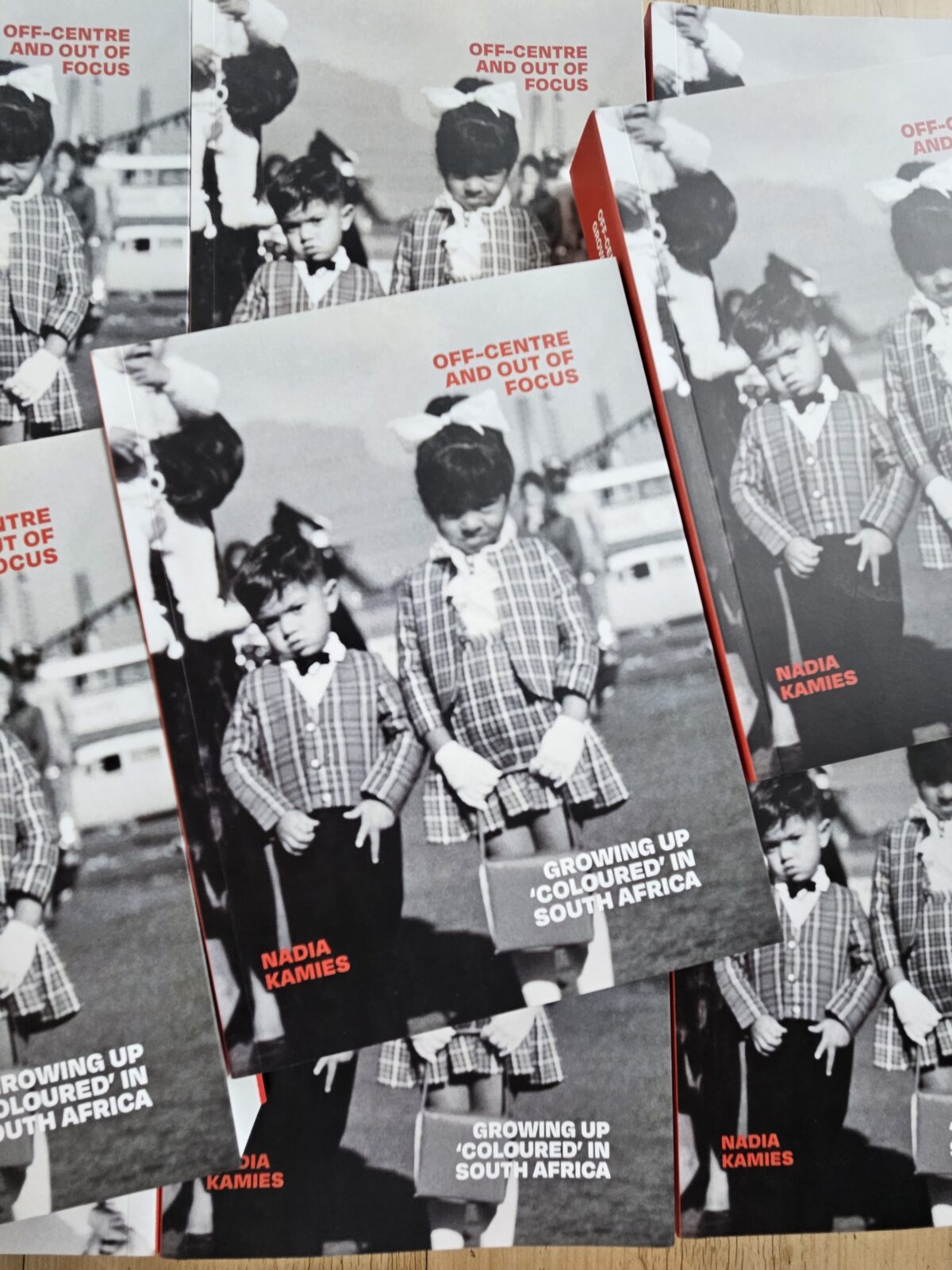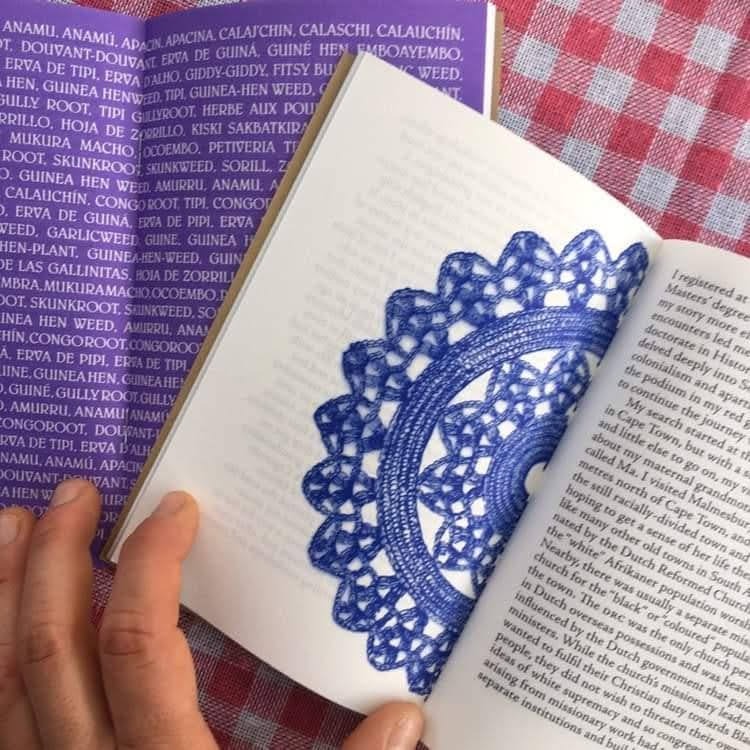I was recently the guest author at the Woman Zone Book Club and I am enjoying the conversations that Off-Centre and Out of Focus is generating around identity, race and belonging. Most of all, I am simply enjoying the conversation!
The seemingly small hurts and humiliations that many of us suffered every day during apartheid, have not been spoken about. We are urged to get over apartheid and embrace the “rainbow nation”. Ignoring our experiences minimises the trauma that we lived through. Until we examine the past and make peace with it, we cannot move forward and learn to live together in a post-apartheid society as simply human. And we cannot afford to forgo the opportunity to do so while those who lived through that period are still alive to share their memories and experiences with us.
The words of American writer, musician and academic, Julius Lester (1939-2018), express so profoundly the importance of acknowledging the lived experiences of growing up in a marginalised and oppressed community. He says,
History is not just facts and events. History is also a pain in the heart and we repeat history until we are able to make another’s pain in the heart our own.
My book was always intended to be about starting conversations, about saying, “this is how it was for me, how was it for you?”
When we engage with each other in a sincere attempt to understand the other, it is possible that it will lead to a place beyond the stories of different cultures, beyond stereotypes and prejudices, to acknowledge and embrace our multiple stories. By connecting the lines between all of our stories, we may recognise our common humanity, we may break down the walls that were constructed around us to keep us separate. Perhaps it will lead to a fusion of ideas that may result in a new way of expression, a new story, and the acceptance of diverse points of view. Only then may we learn to be free. Off-Centre and Out of Focus.
You can find Off-Centre and Out of Focus: Growing up ‘coloured’ in South Africa at The Book Lounge, Clarke’s Bookshop, Exclusives Books, Wordsworth Books, at the District Six Museum shop and online from Loot.co.za
You can listen to the Woman Zone Stories MEET THE AUTHOR podcast here.

